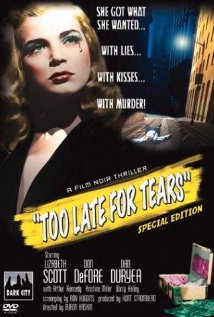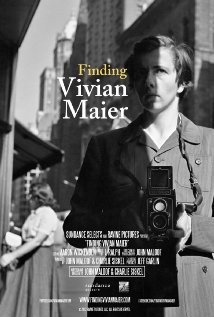 Noir City 6: It’s a Bitter Little World hits Chicago’s Music Box Theatre on Friday, Aug. 29. The fest, presented in partnership with the Film Noir Foundation, features classic noir films from France, Japan, Argentina, Spain, Italy and Britain as well as a sampling of homegrown Hollywood rarities.
Noir City 6: It’s a Bitter Little World hits Chicago’s Music Box Theatre on Friday, Aug. 29. The fest, presented in partnership with the Film Noir Foundation, features classic noir films from France, Japan, Argentina, Spain, Italy and Britain as well as a sampling of homegrown Hollywood rarities.
“Our desire to expand the scope of the Noir City festival has resulted in our most ambitious program ever,” says Film Noir Foundation president Eddie Muller. “The 14 films in the series reveal that the cinematic movement known as noir spanned the globe, and its style, sexiness and cynicism crossed all international borders.”
The festival will kick off with the foundation’s latest 35mm film restoration, “Too Late for Tears” (1949, Byron Haskin), starring Lizabeth Scott and Dan Duryea, and a newly struck 35mm print of the tough-as-nails “Roadblock” (1951, Harold Daniels), starring noir favorite Charles McGraw.
The fest runs through Sept. 4.
Grab some Garrett’s popcorn, a Chicago tradition since 1949, and you’ll in be in retro-movie heaven!











From FNB readers